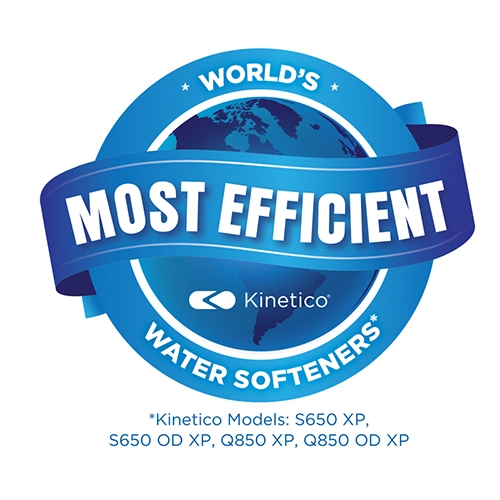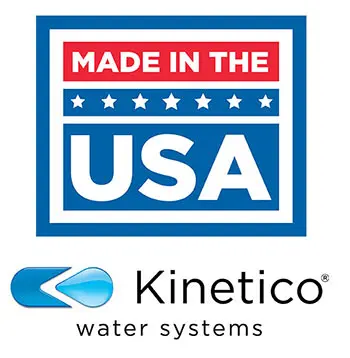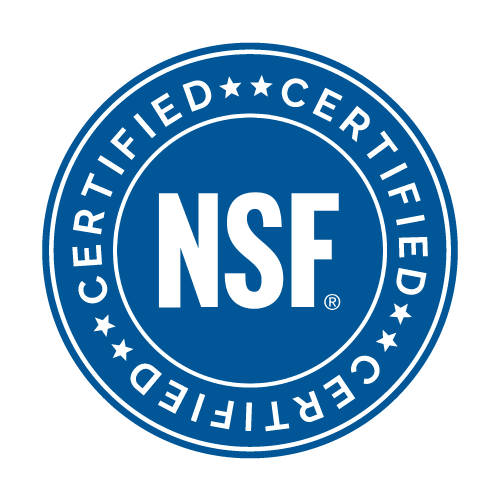Does a Water Softener Filter Water?
99% Client Satisfaction
Industry Leading Warranty
Family Owned & Operated
Emergency Services
Financing Available
Does a Water Softener Filter Water?
The difference between a water softener and a water filtration system is simple: a water softener deals solely with the “hardness” of a water supply. It does nothing as regards safeguarding us against impurities that can be harmful to health or can create unpleasant smells and tastes. It’s about hard water vs soft water.
The hardness in water is a result of the presence of calcium and magnesium, and that can manifest itself in several ways.
If your skin feels like it has a kind of film on it after a shower or even washing your hands, that’s the calcium reacting with the soap. It is why, regardless of what shampoo you use, your hair never feels as silky as you would like.
To see the effects of hard water in a much more tangible context, look at a kettle that has given you good service for an extended period: it can have a crust on the heating element that we call limescale. That’s an extreme example of what is on your skin and hair.
If there is limescale in the kettle, there are also going to be deposits in the pipes and any inner workings of machines through which water flows, and that can lead to reduced efficiency and damage that can be prevented very easily by using a water-softening system.
A water softener replaces the calcium and magnesium with sodium and potassium, so the feel of the water is different. It makes for a more pleasant washing experience for the skin – and that can extend to clothes too, which can come out of the washing machine without the traces that can make the fibers crusty and harsh. Who would have thought that our good old friend water could be the source of such negative effects?
So, getting rid of the hardness can improve one aspect of your water system, but only that one. If you want to purify your supply in other respects, you’re looking at various solutions, from membrane technology to reverse osmosis systems. It all gets a bit technical and, for many people, confusing. Rather than trying to solve the problems themselves, shrewd individuals will bring in an expert to analyze their property’s water.
A trained water professional can spot the signs of water impurities just by looking at your kitchen and bathroom. If there are spots on your drinking glasses when they come out of the dishwasher, that’s the calcium. Crusty faucets likewise. Red-brown stains where water flows or sits? That will probably be iron. And this is before they get the samples into the lab to test for less visible issues.
Although water softeners do not do the filtration that other systems do, they can help. With reverse osmosis (RO) filtration, for instance, calcium and magnesium can clog the membrane, compromising its efficiency, so having the water softener doing its thing before the water reaches the RO system can be a real benefit.
In conclusion, while a water softener effectively addresses the issue of water hardness caused by calcium and magnesium, it does not provide comprehensive water filtration to remove impurities that may impact health or water quality. To ensure optimal water purity and efficiency, it's essential to consider other water filtration solutions, such as reverse osmosis systems, in combination with water softeners, and consult a water professional for a thorough assessment of your specific needs.








